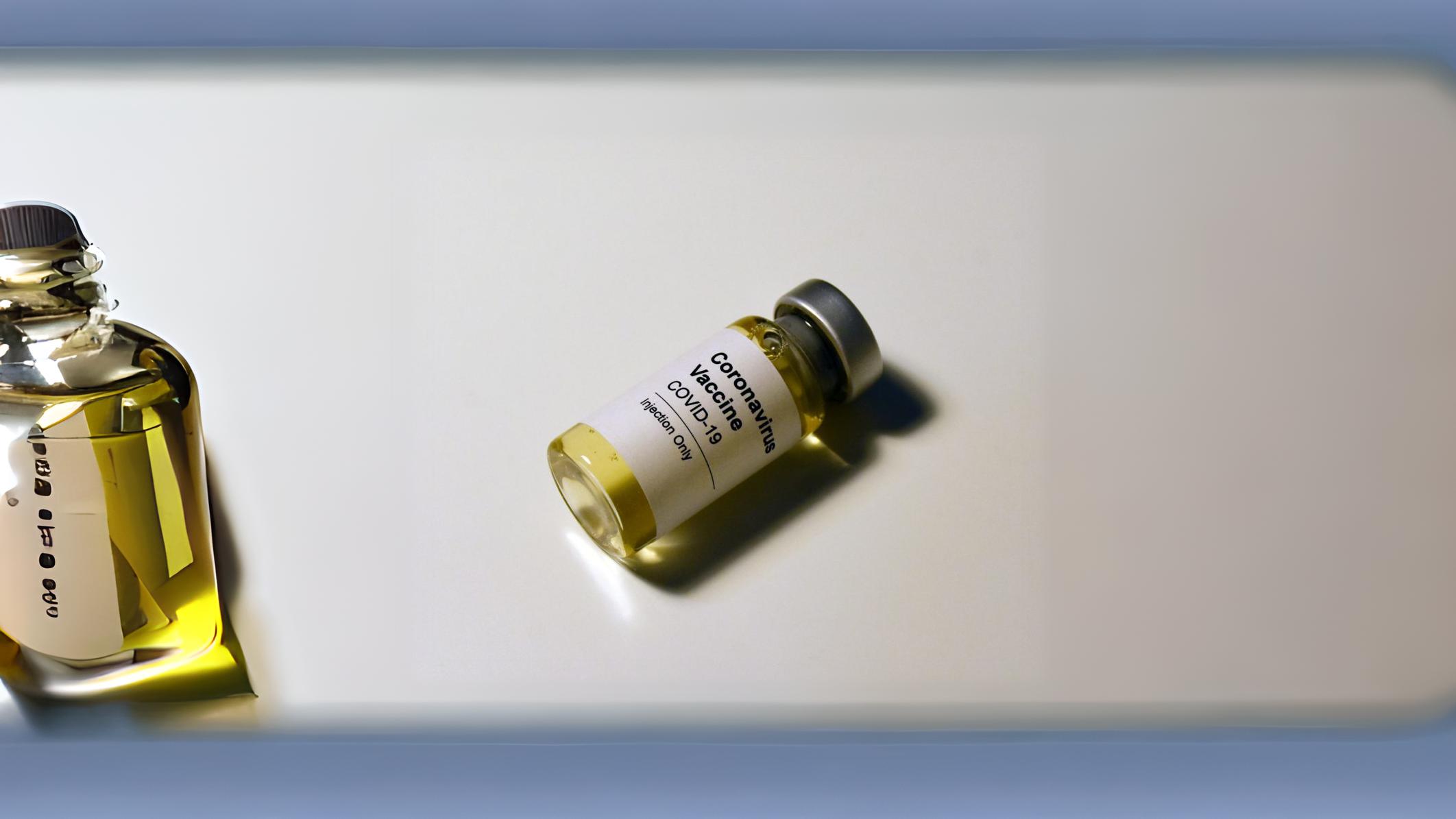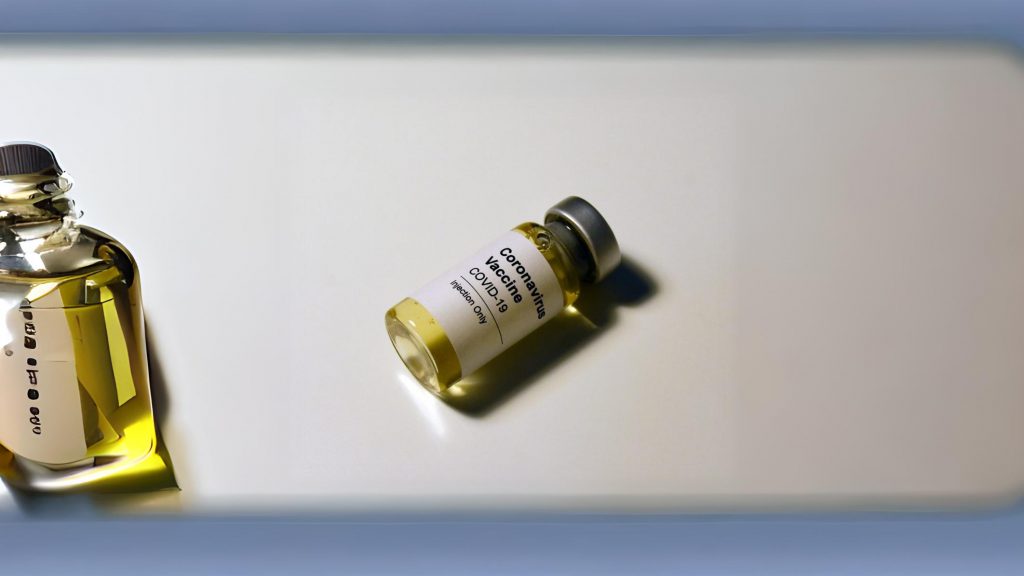The Importance of Efficacy in COVID-19 Vaccines
 5 years ago
By Josh Neil
5 years ago
By Josh Neil

With a number of competing vaccines rapidly rolling out around the world, for many COVID-19 seems an already receding issue. The leading vaccines – from AstraZeneca/University of Oxford, from Pfizer and from Moderna – are in the process of manufacturing and distribution, and soon their exact efficacy will be known through further clinical trials.
But clearly the pharma industry cannot rest on its laurels while the threat of COVID-19 remains, in however reduced a form. Attention has been brought in recent weeks to challenges of early efficacy with some of the vaccines: Australia’s chief medical officer has recently been required to defend the country’s choice of vaccine after it purchased 54 million doses of AstraZeneca’s vaccine over the more reliable Pfizer product.
Critics voiced concerns that the AZ product is not sufficiently reliable to create herd immunity. But even with higher-efficacy products, new mutations in the COVID virus threaten to put further lives at risk. With heavy media focus on these new strains, it is natural to wonder how exactly they will affect the vaccine – and how their existence will undermine faith in the vaccine further, in a general populace that is already sceptical about vaccines and the pharma sector as a whole.
The New Strains of COVID-19
More infectious mutations of the COVID-19 outbreak were first sighted in the UK and Africa, but in recent months have also appeared in the United States and a number of other countries. 501Y.V2, which first appeared in South Africa, and B.1.1.7 from the UK, are not more fatal than the initial virus but are more infectious – which will see an increased volume of deaths nonetheless due to the sheer volume of new infected individuals.
Work is already being done to fully assess and deal with B.1.1.7. Thermo Fisher, for example, is in the process of manufacturing 20 million TaqPath tests which can detect the new strain in those already tested positive for SARS CoV-2. Beyond this, new models of testing and care must be implemented to ensure higher prevention of infection and better containment.
These mutations could however still have drastic effects on the fight against the coronavirus. The first and most obvious difficulty is the rapid increase in infections they could bring – overloading already struggling health centres, creating further lockdowns that complicate supply chains and the ability to work on further vaccines, and preventing wide-scale rollout of those vaccines already in production.
Preventing the explosion of these new strains in the populace is already a losing battle: their increased transmission comes at a time when – even if public health authorities could rapidly test and sequence the mutations to identify their sources and prioritise quarantining programs – the public is either ignoring or become tired with precautions that have stretched for over a year now. In the UK, this new strain increases ten-fold roughly every three weeks, even where communities are using masks, social distancing and lockdown strategies.
The AZ/Oxford University vaccine has been found to protect against symptomatic disease in 70% of cases, rising to 90% when patients are given a half dose and then a full dose. But mutations could well reduce this effect: The new strains mutate part of the virus that the human immune system recognises after infection, meaning that antibodies could become less effective at neutralising the virus.
This means that while the vaccines are still effective, a larger proportion of the population must be vaccinated before herd immunity comes into effect – and with lowered vaccine effectiveness, public trust in the pharma sector will be eroded as they see ‘disappointing’ results. This in turn would make more individuals resist vaccination – and further compound the problems of the virus.
The Efficacy of Current Vaccines
It is important to stress that vaccines will not become useless in the face of these mutations: due to their polyclonal response, the vaccine antibodies target a number of parts of the virus. Mutations to some of these will simply mean a drop in effectiveness, but not total ineffectiveness.
But here is a possibility that vaccines could be rendered dangerously ineffective (a prospect that rises as more individuals are protected from COVID either through vaccination or exposure) due to evolutionary pressure on the virus to evolve further. This would take years, however, with vaccines then adapted to bring efficacy up again – a process that could take only weeks, according to some.
Currently, the effectiveness of the COVID vaccines are evaluated through several processes. Case-controlled studies will examine whether groups of vaccinated individuals are more or less likely to catch COVID-19 than a placebo group. A screening method will compare vaccination coverage in a group of COVID-positive individuals with coverage in the overall population they came from to see if the vaccine is working as expected. Others, including ecologic analysis and cohort studies, can also determine how well a vaccine is working at present.
Finding efficacy in a vaccine is difficult: typically, half of volunteers will receive a COVID vaccine, the other half a placebo, and then both groups will be monitored to see how many of each get COVID in daily life. But given ongoing attempts to control and limit COVID transmission, the better COVID is dealt with, the harder it is to understand vaccine efficacy in clinical trials as fewer individuals will contract the virus. This leads to a paradoxical situation where efforts to contain the virus limit the ability to determine the efficacy of vaccinations against it.
Early results are, however, very positive. Pfizer data published in December 2020 suggest their vaccine is roughly 52% effective after the first dose, rising to 95% effective after two doses. The AZ/Oxford vaccine is apparently 64% effective after one dose, rising to 70% with two full doses or 90% after half a dose and then a full dose. Early research for Moderna’s vaccine suggests 80% effective after one dose, rising to 95.6% effective after two. Even with reduced efficacy, the results are highly promising.
It seems the vaccines from Moderna, Pfizer and others will have a major impact on transmission of COVID-19. Efficacy, despite what the new mutations promise, is not the greatest issue. What is perhaps more important is public perception of COVID vaccination, and how these strains could damage that.
The Need for Education
It’s clear from 2020’s experience that B.1.1.7 is not just another danger in the same way that COVID-19 was. The pharma industry has learnt lessons from the virus, and is now prepared, agile and experienced in dealing with the threat B.1.1.7 and other mutations promise.
Beyond the ongoing tests, it is relatively clear that the COVID-19 vaccines being produced will be largely effective at dealing with the coronavirus pandemic. Extrapolating current information, it is clear that even with a vaccine that is 40% effective, even vaccinating half the population would see a 59% reduction in cases. With everyone vaccinated, cases would fall by 95%.
As such, it is clear that the COVID-19 vaccines now being produced will have a significant impact on the battle against the virus. But more must be done to educate the populace on these factors and statistics. By creating greater transparency around the strengths of the vaccine as well as their limitations, and showing the strength of their efficacy even in the face of mutated strains of COVID-19, take-up of vaccination and greater trust in the pharmaceutical services can only improve, and ensure a swifter end to the pandemic as a whole.
Joshua Neil, Editor
Proventa International

Navigating the Complex World of Global Regulatory Affairs in Oncology
In today's fast-paced global pharmaceutical landscape, the regulatory affairs sector plays a pivotal role in ensuring the safety, efficacy, and market access of oncology drugs. As the demand for innovative cancer therapies continues to grow, understanding the intricacies of global...
2 years agoNavigating the Complex World of Global Regulatory Affairs in Oncology
In today's fast-paced global pharmaceutical landscape, the regulatory affairs sector plays a pivotal role in ensuring the safety, efficacy, and market access of oncology drugs. As the demand for innovative cancer therapies continues to grow, understanding the intricacies of global...
2 years ago
Overcoming the Hurdles: Navigating the Challenges in Oncology Clinical Trials
In the world of medical research, oncology clinical trials are at the forefront of innovation and discovery. These trials play a crucial role in advancing our understanding of cancer and developing more effective treatments. However, the path to successful oncology...
2 years agoOvercoming the Hurdles: Navigating the Challenges in Oncology Clinical Trials
In the world of medical research, oncology clinical trials are at the forefront of innovation and discovery. These trials play a crucial role in advancing our understanding of cancer and developing more effective treatments. However, the path to successful oncology...
2 years ago
Embracing a Patient-Centric Approach in Oncology Trials
In the realm of healthcare and medical research, the term "patient-centric" has gained significant traction in recent years. This shift in focus towards prioritizing patients' needs and preferences is not only transforming the healthcare industry but is also making waves...
2 years agoEmbracing a Patient-Centric Approach in Oncology Trials
In the realm of healthcare and medical research, the term "patient-centric" has gained significant traction in recent years. This shift in focus towards prioritizing patients' needs and preferences is not only transforming the healthcare industry but is also making waves...
2 years ago